9 February 2022
Public procurement, or the purchase of goods, services, and works by public authorities can play a vital role in achieving societal objectives like accelerating decarbonisation or building supportive communities. However, unlocking its power requires us to think differently about public procurement.
Procurement is the main vehicle through which public money gets spent. Governments, especially at the local level, are responsible for providing public services. To fulfil these functions, public authorities purchase goods and services regularly, and this is called public procurement.

Public procurement as a public service
There is a growing body of academic research and practitioner interest around “policy-driven” public procurement. For example, ‘green public procurement’ (GPP) refers to public purchasing that takes environmental impacts into account. This includes taking a lifecycle view of the products being procured (and not just their upfront costs) or making it mandatory for potential suppliers to report their carbon emissions. GPP explores how public authorities can procure innovative and environment-friendly solutions to tackle societal challenges in the face of the climate crisis we are experiencing (for example, buying a fleet of electric buses or trains may be a better idea because it would be easier to switch to renewable sources of energy as the grid decarbonises).
It is also possible to use public procurement to promote social values. The Welsh government’s principles of public procurement currently define social value with reference to the Well-being of Future Generations Act and sustainable employment opportunities which must be considered while planning public procurement in Wales. Since 2021, UK central government departments have also been required to take social value into account in their procurement activities. Using public procurement for improving working conditions is not exactly new – in the 19th and early 20th century, governments in the UK, USA, and Europe passed legislations to ensure that minimum wages and favourable employment opportunities for disadvantaged groups were built into public contracts[1]. Public spending can thus play a leading role in constructing a fairer society.
This leadership role extends to innovation when governments perform the role of the ‘lead user’ or provide the testing ground for new products and services. The systems-of-innovation approach, which views technology development as an iterative instead of a linear process, also makes note of the critical function that public procurement performs by articulating requirements and providing the demand “pull” that brings innovation to life. Public procurement is therefore seen as a ‘demand-side’ innovation policy tool, differentiating it from other innovation policy instruments like R&D grants and subsidies which focus more on the supply-side of innovation generation[2].

The procurement cycle
The process of procurement involves a number of stages and is not limited to the people who form the “procurement team” within a public authority. In the procurement cycle, a lot of things need to happen before an invitation to tender (ITT) can be issued, like defining requirements, planning, and market engagement.
Policy objectives like decarbonisation or building supportive communities should be discussed at these early stages and it is critical for non-procurement public service professionals to get involved because procurement teams on their own may not have the capacity to include policy goals into procurement.
Additionally, a lot of things also happen after the contract is awarded (like warehousing or receipt, supplier relationship management, and asset management). This means thinking of procurement as a long-term relational activity and not just a momentary transactional activity.
Transforming public procurement
Public procurement seeks to achieve ‘value for money’ and we should all be involved in defining ‘value’ because it is our money that is being spent! Transforming public procurement hinges upon changing the way we think about public procurement – what is it and what role can it play in providing better public services.
We must also create an enabling environment for policy-driven public procurement. This requires increasing capacity within public service to engage with procurement from the early stages. It also requires encouraging public service professionals to be creative and collaborative – creatively thinking about public service delivery and collaboratively working with procurement colleagues and other stakeholders. We are facing grand challenges as a society, and we must work in new ways to derive the greatest impact from public spending.
The Procurement Lab in the Infuse programme is aimed at driving efficiency and addressing the capacity issue through collaborative and regional working. Infuse involves skills and thematic sessions featuring a range of speakers and reflective activities to transform the way we think about and practice procurement in the Cardiff Capital Region.
Let’s talk about public procurement!
[1] See McCrudden (2004)
[2] See Edler and Georghiou (2007) for discussion on public procurement as a demand-side innovation policy instrument.
